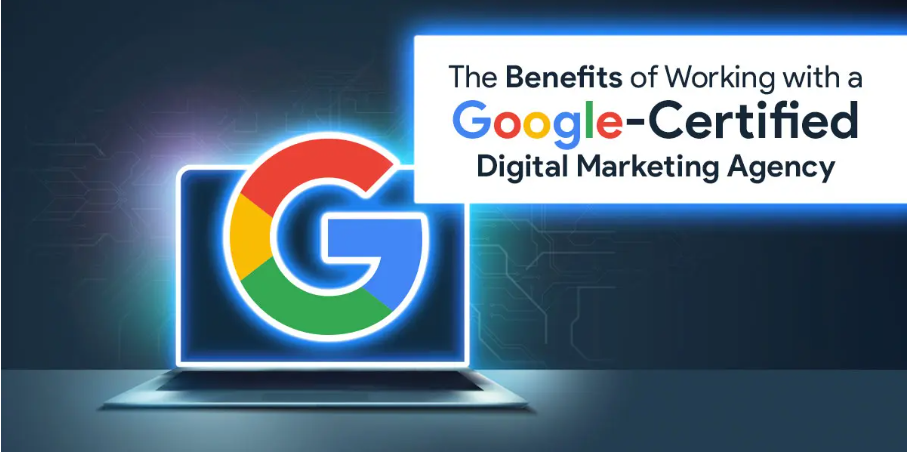In today’s digital landscape, businesses that want to stand out must make personalization a priority. With consumers bombarded by countless advertisements, generic messaging no longer cuts through the noise. Personalization transforms your marketing from impersonal to meaningful, creating a connection with your audience that’s difficult to ignore. But what exactly is personalization, and why is it so crucial for digital marketing success? Let’s dive into the importance of personalized marketing strategies and how they can revolutionize your business.
Creating a Tailored Experience for Your Audience
At the heart of personalization is the concept of tailoring content to meet the specific needs, preferences, and behaviors of your audience. Instead of a one-size-fits-all approach, personalized marketing delivers targeted messages based on customer data—whether it’s their browsing habits, purchase history, or demographic information. This data allows you to engage with your audience in a way that feels relevant to them.
Imagine you’re running an email campaign for an e-commerce store. Would you send the same message to a customer who regularly buys outdoor gear as you would to someone interested in tech gadgets? Of course not. Personalization ensures that each customer receives content that speaks directly to their interests, increasing the likelihood of engagement and conversions.
Building Stronger Customer Relationships
Personalized marketing is more than just addressing a customer by their first name in an email—it’s about building relationships. When customers feel like you understand their needs, they’re more likely to trust your brand and stay loyal. Personalized experiences foster a sense of connection, which can significantly impact customer retention.
Think about it—how often do you abandon a website or email because it feels irrelevant? Now, contrast that with the feeling of being understood by a brand that remembers your preferences and offers recommendations that truly align with your needs. Whether it’s a customized product suggestion or an email celebrating a customer’s anniversary with your company, these small but meaningful interactions can have a lasting effect.
Driving Higher Engagement and Conversions
Personalization has a direct impact on engagement and conversion rates. When people see content that resonates with them, they’re more likely to take action, whether it’s clicking on a link, making a purchase, or signing up for a newsletter. According to research, personalized emails can drive up to six times higher transaction rates than non-personalized ones.
This holds across multiple digital channels. From social media ads to website content, personalization improves the overall user experience, making it more likely that customers will engage with your brand. For instance, a company offering home services digital marketing could target homeowners in specific regions with tailored ads that highlight services most relevant to them. By focusing on local needs and customer preferences, this business can achieve far greater results than with a generic ad campaign.
Enhancing Customer Loyalty
The more personalized your marketing, the more likely customers are to stay loyal to your brand. Why? Because when customers feel valued, they’re more inclined to continue choosing your business over competitors. A great personalized experience makes customers feel like they’re more than just a number, but rather valued individuals with unique preferences.
For example, many brands use loyalty programs that reward customers based on their purchasing habits. This data can then be used to send tailored offers and promotions that cater to each customer’s tastes. By showing that you’ve paid attention to their buying patterns, you’re proving that you value their business—and that can go a long way in building long-term loyalty.
Gaining a Competitive Edge
Personalization isn’t just a nice-to-have anymore—it’s a necessity if you want to stay competitive in today’s marketplace. Consumers are becoming more demanding, expecting brands to understand their needs and preferences. Businesses that fail to personalize risk falling behind those that do. On the other hand, companies that embrace personalization can create a stronger competitive advantage, positioning themselves as leaders in their industry.
Take the rise of AI-powered personalization tools, for example. With the help of machine learning algorithms, businesses can now analyze customer data in real time and deliver highly personalized experiences that would have been impossible just a few years ago. This advanced level of personalization not only sets your brand apart but also allows you to deliver value at scale.
The Role of Data in Personalization
Of course, none of this is possible without data. Collecting and analyzing customer data is essential to creating personalized experiences. Whether it’s tracking online behavior or gathering feedback from customers, data helps you understand your audience better and allows you to refine your marketing efforts.
But it’s also important to be responsible with that data. Customers today are more concerned about privacy than ever before, and businesses must handle personal information transparently and ethically. Be sure to obtain consent when collecting data, and always provide customers with the option to opt out of data collection.
Conclusion
In an age where consumers expect more from the brands they engage with, personalization has moved from being an optional strategy to an essential one. By understanding your audience’s needs and using data to craft tailored experiences, you can build stronger relationships, increase engagement, and foster customer loyalty. Personalization isn’t just about making your marketing more effective—it’s about making your customers feel seen and valued. And in the world of digital marketing, that makes all the difference.



